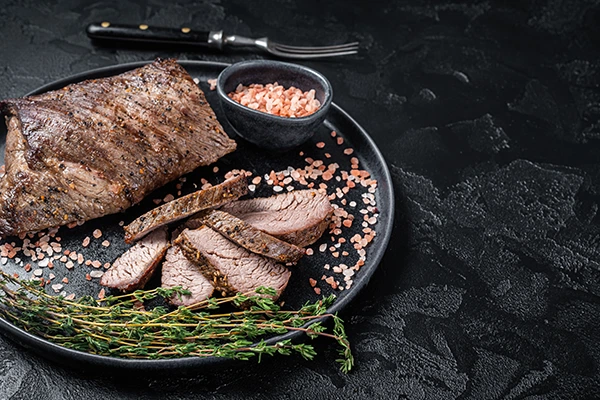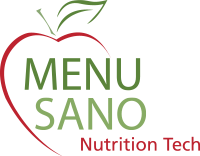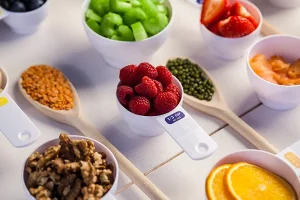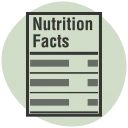When it comes to cooking, there are a variety of ways to add flavor to your dishes. One way is to use spices, herbs, and seasonings. But what’s the difference between these three things?
Leaves, roots, flowers, seeds, and the bark of plants are all components of herbs. There are hundreds of herbs that may be utilized in tiny amounts to give taste to meals. Fresh from the garden or flaked in supermarkets, herbs can be either fresh or dried. Popular herbs include basil, oregano, and rosemary.
Spices are derived from the bark, buds, or fruit of plants. Spices are the dry part of plants that are used to enhance the taste and texture of any meal by adding flavor and aroma. Their effectiveness is often demonstrated with only small quantities needed. Common examples of spices include cinnamon, cloves, and nutmeg.
Generally speaking herbs are found in the “fresher” parts of the plant, while spices come from the drier parts. The fresher the herb, the more flavourful it will be and similarly the drier the spice, the greater the impact it will have.
Seasonings are generally used when preparing food prior to cooking and can be a mixture of spices and/or herbs. They are used to add flavor to food. Some common seasonings include garlic salt, onion powder, and curry powder.
How are they treated differently than other foods?
Spices, herbs, and seasonings are classified as food additives. This means that they are subject to different labeling requirements than other foods.
For example, the common names of spices, herbs, and seasonings must be listed on the label. In addition, the labels must indicate whether the product is a spice, herb, or seasoning.
Read more: Want Happy Customers? Serve Happy Food!

Do you need special labels for them?
You do not need special labels for spices, herbs, and seasonings. You can use the same labels that you would use for other food products. However, you will need to include additional information on the label, such as the common name of the spice, herb, or seasoning. In addition, if the product is used for a specific purpose – for example, coloring – that should be indicated.
Read more: The Difference Between Diet and Nutrition
Do they need to be considered for my dishes?
Any seasonings, sauces, spices and herbs need to be considered when creating labels for dishes and recipes. While you don’t need unique labels for spices, herbs, and seasonings, it’s essential to make sure that your labels are accurate and complete. This will help ensure that consumers are able to make informed choices about the products they purchase.
Read more: Trends in Holiday Catering: Nutritional Labelling for Special Events

What if I import pre-packaged spices from another country?
If you import pre-packaged spices, herbs, or seasonings from another country, you must include the common name of the product in English. You also need to include the nutritional information panel on the label if the product makes any nutrition claims. This information can be obtained from the original supplier.
Now that you know the difference between spices, herbs, and seasonings, you can more easily choose which one to use in your cooking. Experiment with different combinations to find the perfect flavor for your dish!
If you’re looking to create nutrition labels for all your dishes and recipes, and aren’t sure how to take it all into account, why not give MenuSano a try? It’s the easiest way to get nutritional information for your spices, herbs, dry rubs, and condiments.



















